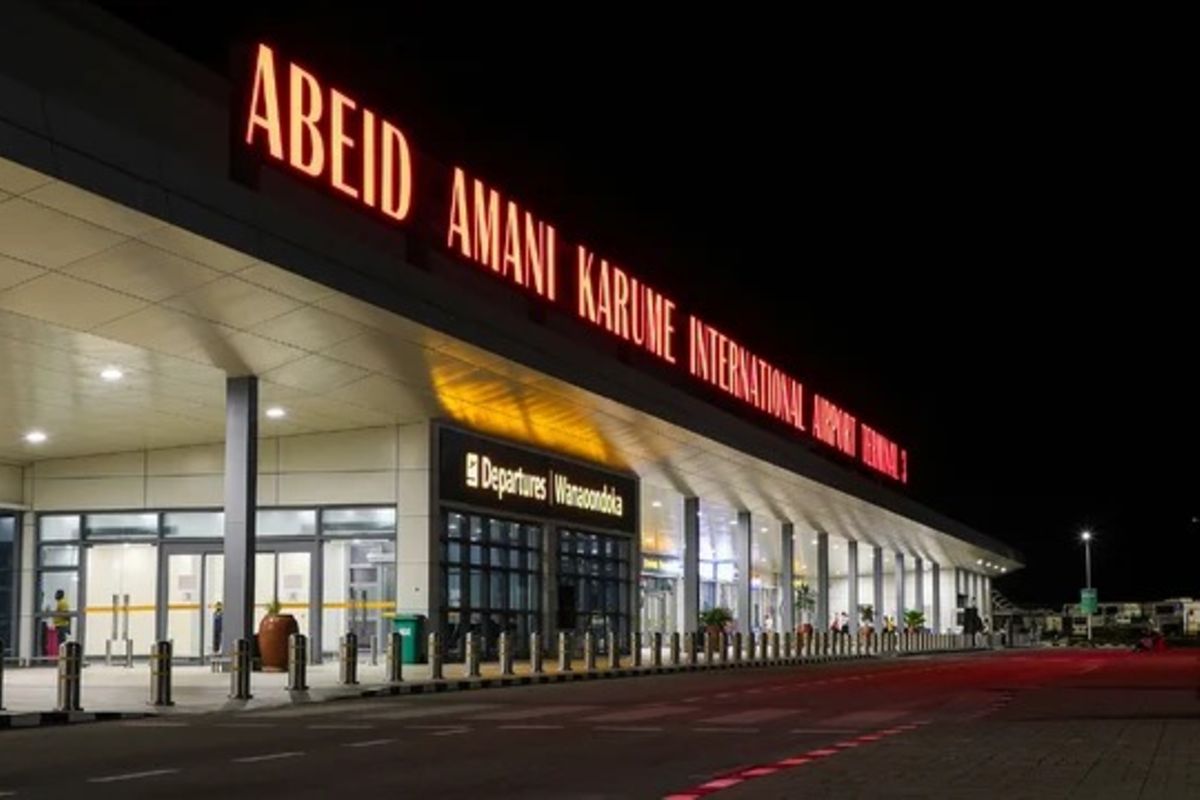Dar es Salaam. To quickly recover from the effects of Covid-19, hotels in Tanzania have to adopt and use smart technologies in offering their services.
The call was made yesterday at the inaugural hospitality industry engagement forum in Zanzibar that was organized by Pesapal, regional leading payment services provider in conjunction with Oracle Hospitality.
Addressing the forum, Pesapal Country Manager Bupe Mwakalundwa challenged the hospitality industry to embrace technology as part of their growth plans and strategy to shake off the severe consequences of the pandemic.
He told the forum that his company had formed strategic partnerships with global players to provide innovative solutions that could accelerate the path to value for the hospitality and travel sectors post-pandemic.
“Building technological ecosystems that allow quick innovation, drive profit, and increase efficiency will be a key priority for hospitality to recover from the Covid-19 crisis and achieve digital resiliency,” Ms Mwakalundwa said.
“To achieve this, we have partnered with Oracle Hospitality to offer tech-based solutions and support flexible infrastructure with numerous integration that delivers consistent and tailored services to players in the hospitality sector,” she added.
Zanzibar minister for Trade and Industrial Development, Mr Omar Said Shaaban, who graced the one-day event said Pesapal’s technological innovations and digital investments are in line with the digitalisation agenda of the isles’ government.
Mr Shaaban said they fully support what the company was doing for the hospitality industry technology-wise because it supports the digitalisation strategies and vision of the government for the Zanzibar economy, which greatly depends on tourism.
“Technology and hospitality are the two sides of the same coin. Tourism stakeholders should embrace digital technologies to be able to cope with innovations in the sector and new demands of the market, which are changing very fast,” he noted.
In attendance was also the deputy minister for Finance and Planning, Mr Ali Suleimani Ameir, who challenged technology investors to ensure that their services boost government coffers instead of becoming sources of revenue leakages.
He said both the union and Zanzibar governments have embraced digital finance systems in order to simplify and enhance payments and other transactions in the economy.















